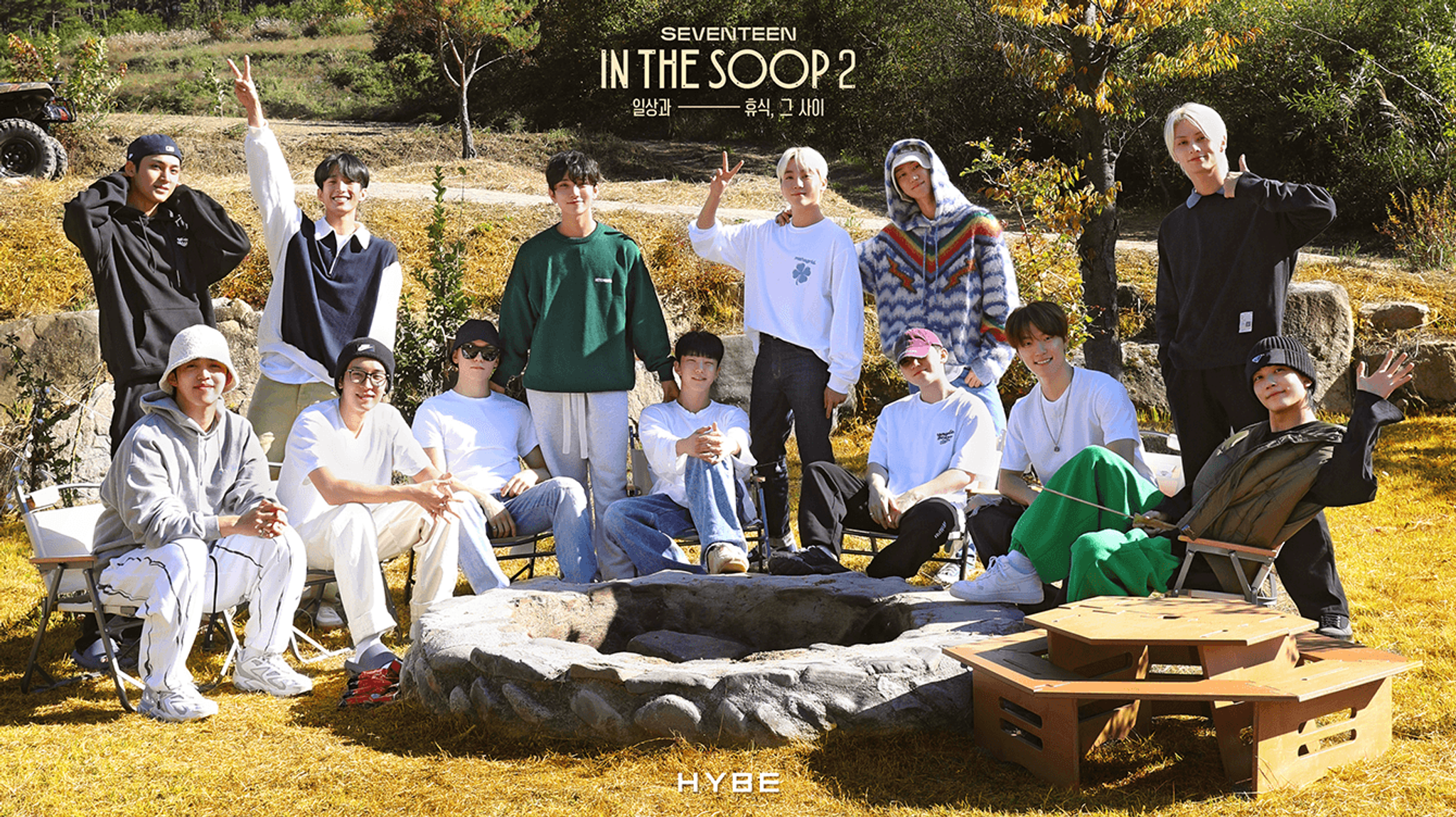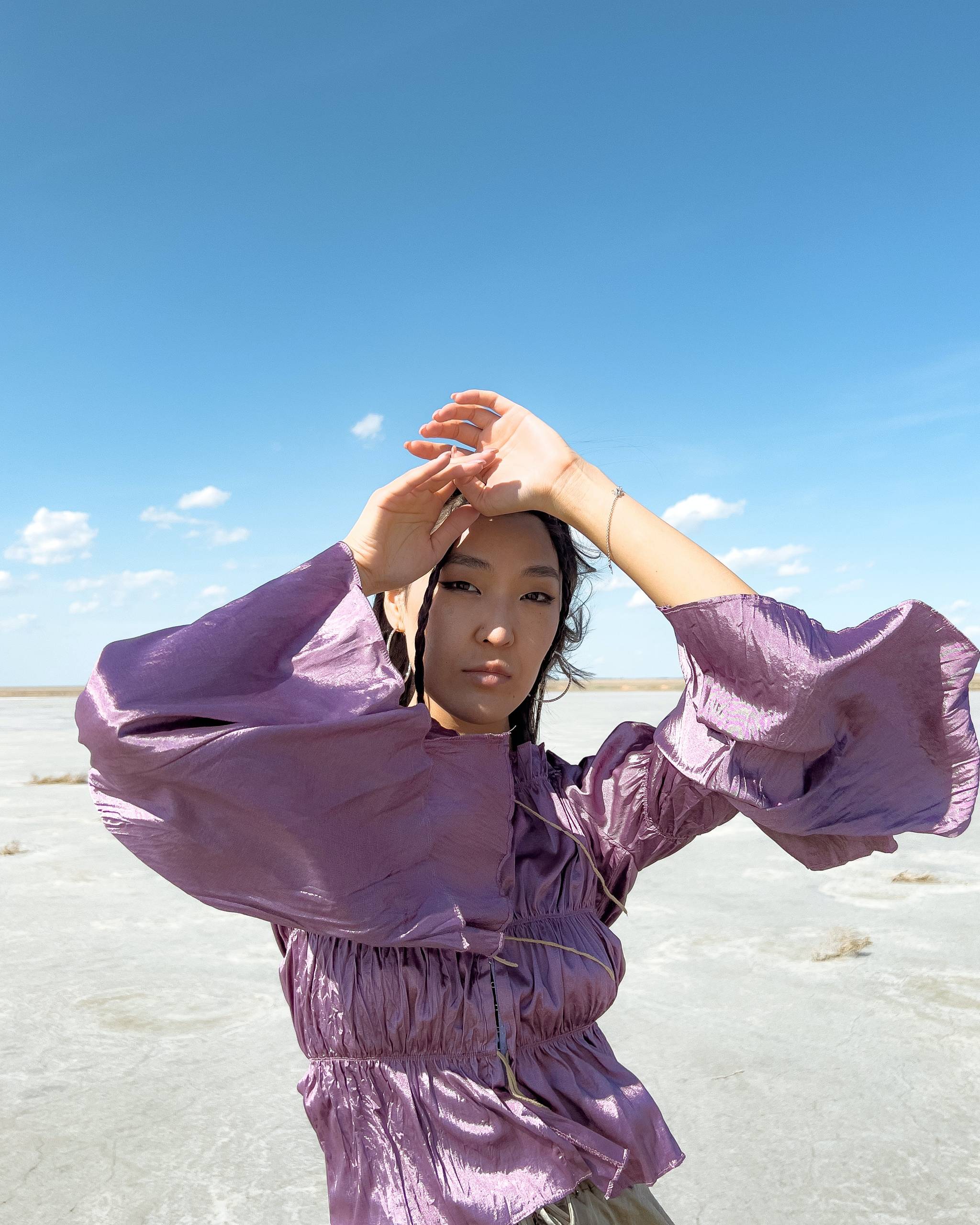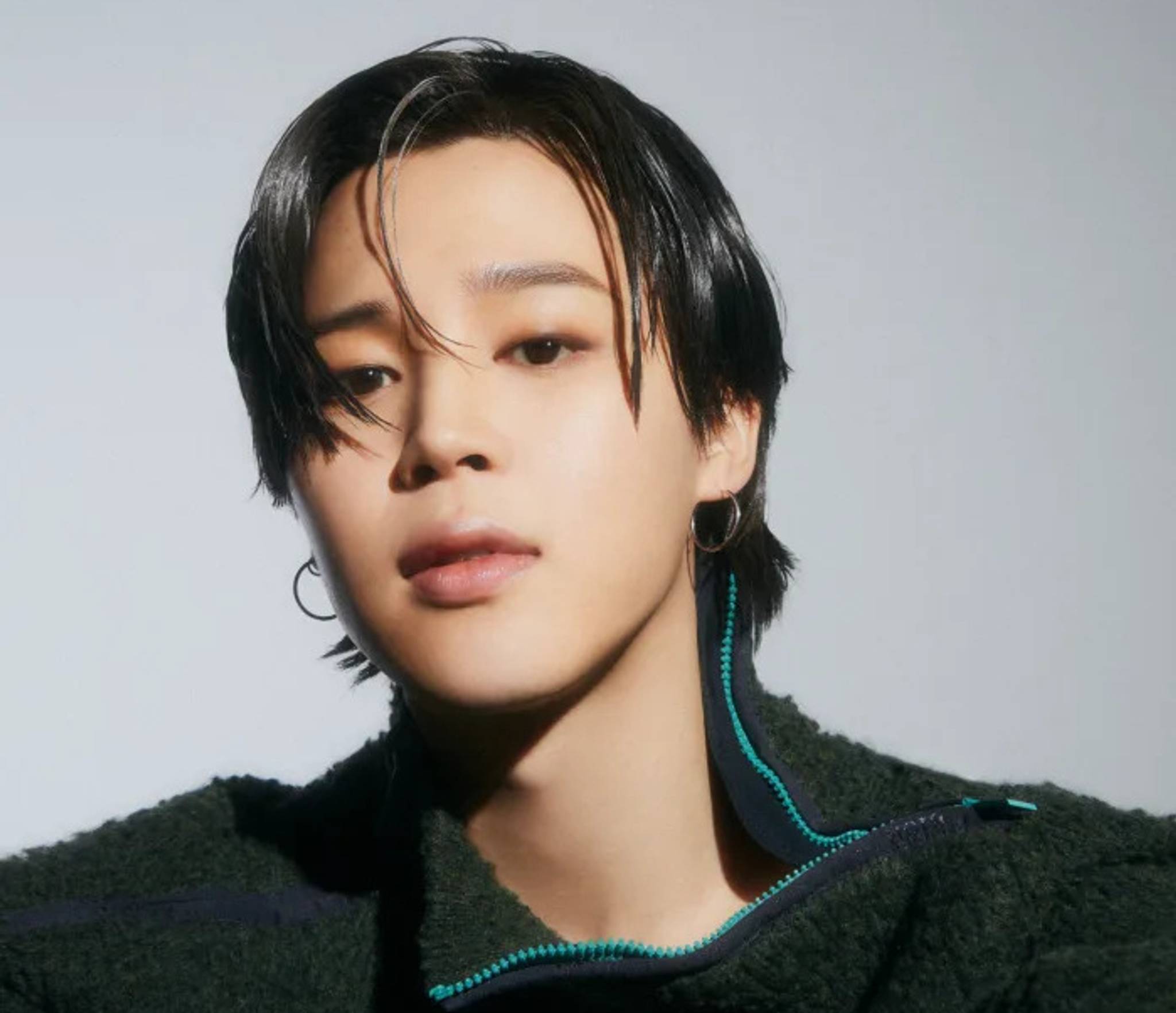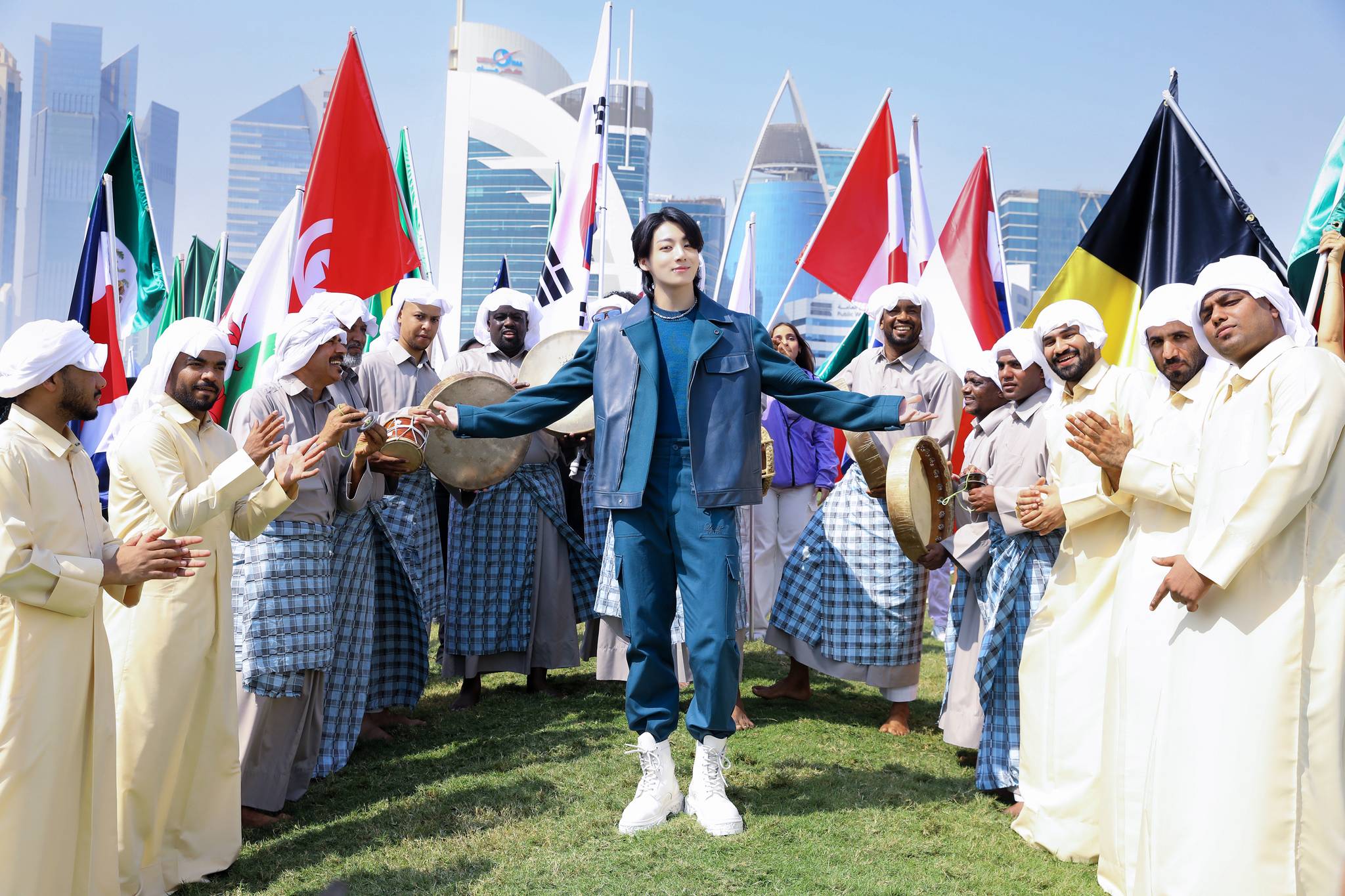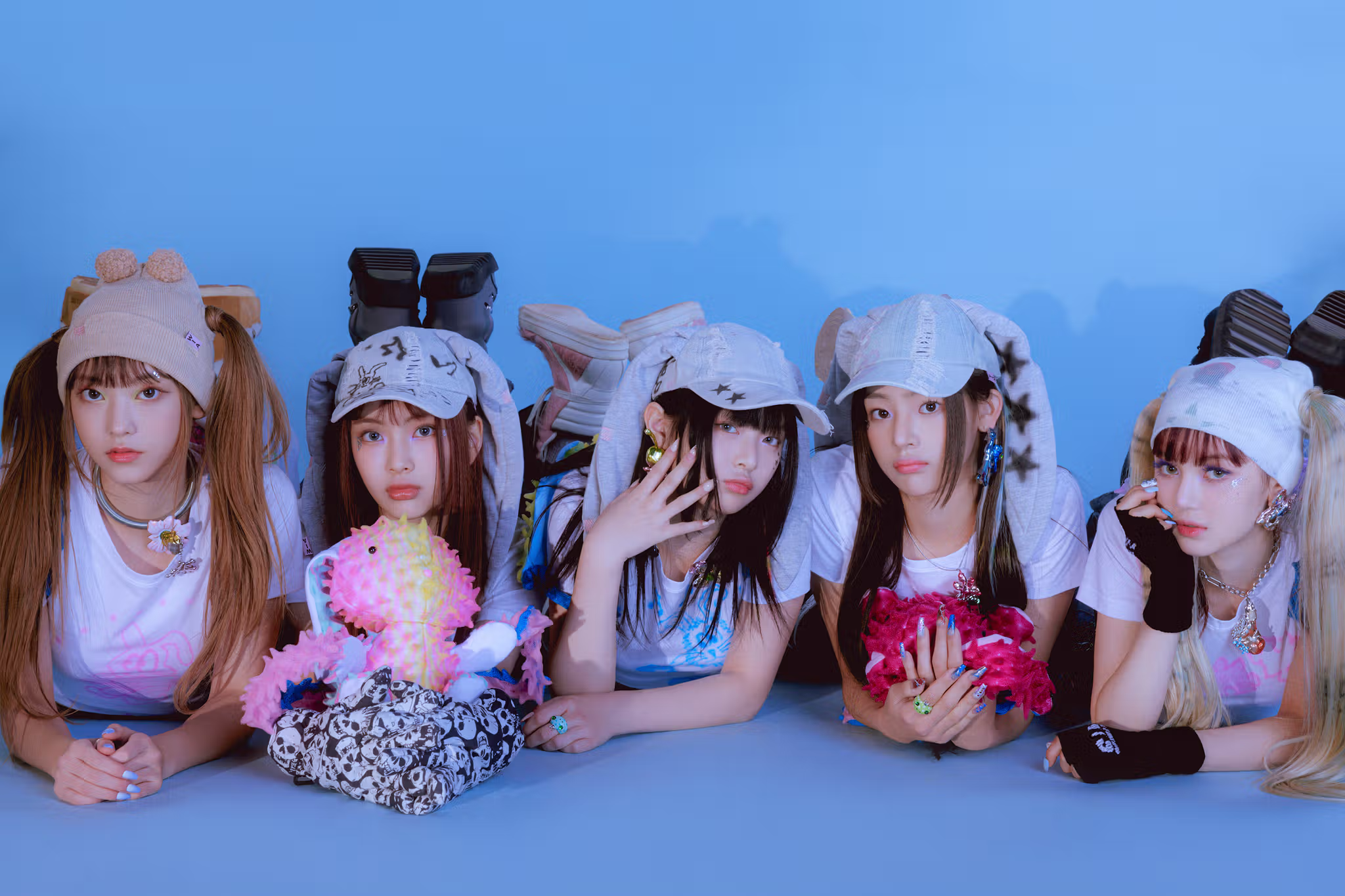
While K-pop has been part of the cultural conversation for more than a decade, it’s clear that ‘Hallyu’ – the Korean Wave – is here to stay. No longer a novelty phenomenon that Western critics scoff at, K-pop idols and their rapid rise to fame are increasingly influencing global culture and beyond.
K-pop idols are dominating the Billboard charts, attending the Met Gala, headlining Coachella, and dictating trends across the internet. Yet, beyond BTS and BLACKPINK, a new vanguard of icons has emerged, winning over both seasoned stans and mass audiences. Who are these new faces, and what are they doing differently that’s drawing in legions of fans?
Up-ending the industry playbook
When rookies NewJeans made their debut in July 2022, it’s no exaggeration to say that they changed the K-pop game. Contrary to most groups that build pre-debut hype by unveiling member profiles and teasers, NewJeans took their surprise release to the next level by dropping four music videos for the singles ‘Attention’ and ‘Hype Boy’ with no prior announcement.
Since then, it’s clear that the public has become smitten with NewJeans – the five-member outfit has already beaten labelmates BTS’ records on the South Korean charts and became the fastest K-pop group to simultaneously send two songs to the Billboard Hot 100.
Authentic critics
Other K-pop idols are also deviating from the script in their own ways. While entertainment companies’ abusive treatment of idols remains a systemic issue, some artists are speaking up against the industry’s toxic standards, instead championing mental health and empowerment while shining a light on the less glamorous realities of idol life.
A notable example is LE SSERAFIM’s Yunjin who released a self-written track ‘I ≠ DOLL’ as a meta-critique of celebrity worship and the cyberbullying that K-pop artists often encounter. “Idol doesn’t mean your doll to fuck with,” she sings, channelling the pop girl anti-hero energy of Olivia Rodrigo and Billie Eilish.
Multicultural fluidity
While K-pop has always been a product of globalisation, contemporary K-pop artists are more culturally fluent, which is disrupting the boundaries of language, geography, and nationality. This evolution is best observed in the music itself, which now traverses global genres – think NewJeans’ Baltimore club-tinged smash hit ‘Ditto’, TXT’s experiments with Afrobeat in ‘Tinnitus’, or LE SSERAFIM’s reggaeton banger ‘Antifragile’.
K-pop artists themselves are also increasingly globally-minded. It’s practically a given for groups to now feature native English speakers and many idols are poised to become luxury brand ambassadors – sometimes even shortly after their debut. But more than that, groups are now challenging the parameters of what’s considered ‘K-pop’ to begin with. For instance, all seven members of the girl group XG are Japanese, but they promote in South Korea and sing entirely in English. With Y2K-heavy visuals, the choreographic precision of K-pop, and Tinashe-esque production, their 2023 track ‘Left Right’ exemplifies the multicultural shifts in the genre.
Masters of TikTok engagement
Strong socials remain a cornerstone of K-pop marketing – you’d be hard-pressed to find a group that isn’t active on TikTok these days. However, instead of recycled dance trends and memes, K-pop fans seek out fun and creative means of engaging with their favourite members on the platform.
Dance tutorials, trendy aesthetic edits, and crossover content with other Hallyu celebrities are just some of the many ways K-pop artists are generating organic reach. With over 100 million K-pop videos being created on TikTok – and a whopping 92% of the content originating outside of South Korea – it’s clear that K-pop artists have used the platform to their advantage, reinforcing mass appeal both at home and abroad.
